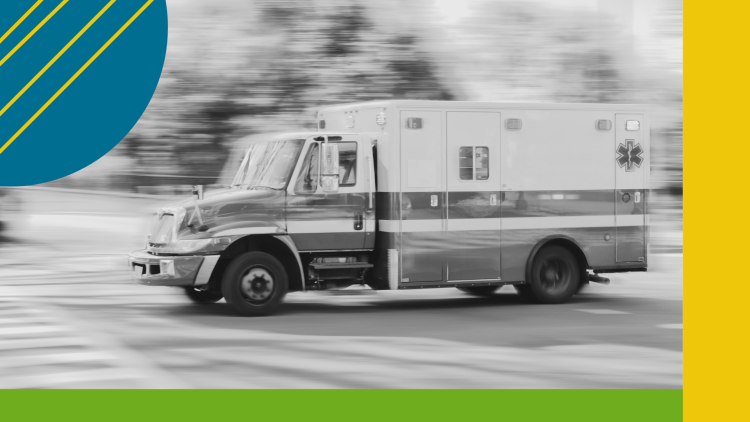
Ukraine has adopted changes to its humanitarian aid framework that, in principle, expand CSOs’ access to vehicles for evacuations, deliveries and relief. The reform responds to wartime needs, when rapid mobility often determines whether help reaches front-line communities. On 18 September 2025, the Parliament passed Draft Law No. 12010, introducing the status of a “verified humanitarian organisation” and allowing such CSOs to import vehicles as humanitarian aid for non-commercial use only. While in principle this can facilitate improved delivery, compliance could sideline smaller CSOs, unless the Government crafts clear, proportionate procedures.
The law introduces the definitions of “humanitarian response”, “humanitarian organisation” and “verified humanitarian organisation”. Verified organisations will be able to import vehicles duty-free for humanitarian activities such as evacuation, delivery of medical supplies or other relief efforts. The law will enter into force three months after publication, with detailed procedures to be set by the Cabinet of Ministers. For decision-makers, the immediate question is whether secondary legislation (a Cabinet procedure and registry) will be swift and workable, ensuring equal access for capable local actors, not only large, established organisations.
The new verification requirement may influence CSOs’ access to resources and their ability to provide assistance. While the framework could support more structured humanitarian operations, the effect on the enabling environment will depend on how the government defines verification criteria, evidence requirements and timelines. Provisions that are overly complex or resource-intensive could present challenges for smaller or newly established CSOs. For example, a local volunteer group delivering medical supplies to remote areas might benefit from the ability to import a vehicle for humanitarian purposes. At the same time, if verification demands extensive documentation or long operational history, some groups with proven community engagement might find it difficult to meet the requirements.
The Cabinet of Ministers is expected to adopt implementing regulations within the next three months, including procedures for granting, maintaining and revoking verified status and for operating a public registry. Observers will follow the development of these regulations to assess whether they align with international standards on non-discriminatory access to resources and maintain an open and enabling environment for civil society.
